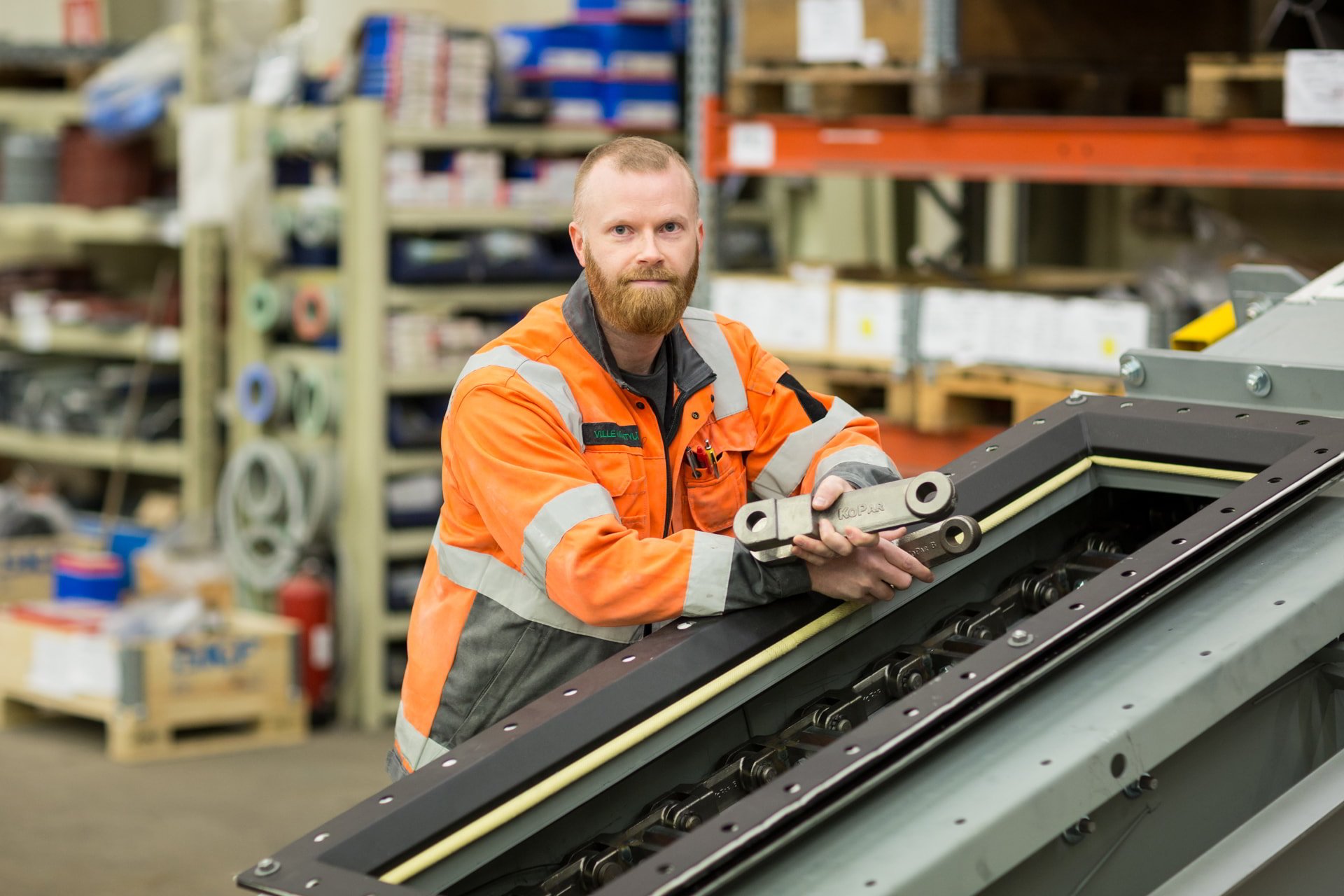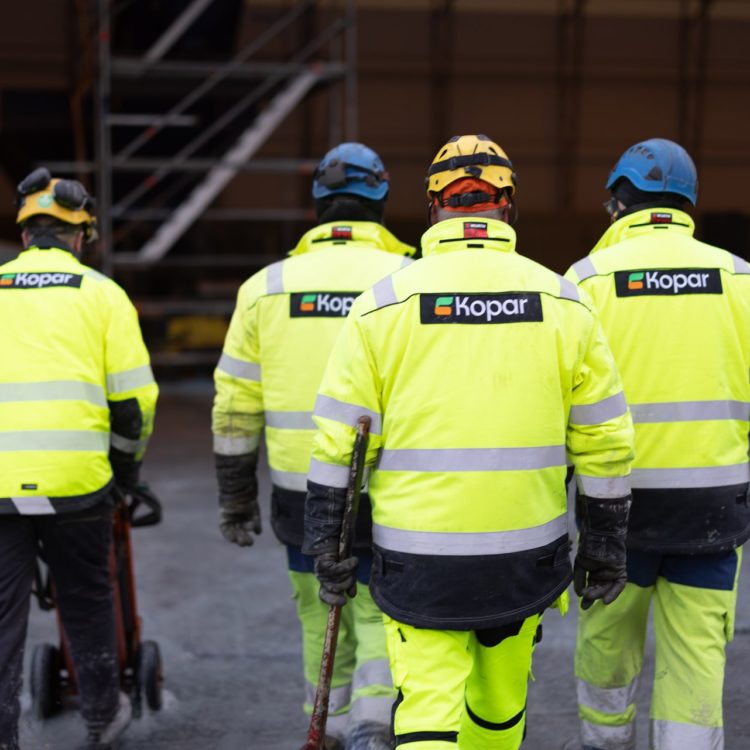Waste heat boilers play a crucial role in enhancing operational efficiency by capturing and reusing heat that would otherwise be lost in industrial processes. By recovering this thermal energy, they reduce the need for additional fuel consumption, leading to significant energy savings. Additionally, the integration of these systems contributes to lower emissions, aligning with sustainability goals. Industries that implement waste heat boilers benefit from improved process efficiency, reduced operational costs, and a smaller environmental footprint.
What are waste heat boilers and how do they work?
Waste heat boilers are specialized heat exchangers that recover thermal energy from hot gases produced by industrial processes. These systems capture waste heat, which is typically expelled as exhaust, and convert it into useful energy, such as steam or hot water. This recovered energy can then be reused within the plant for various applications, enhancing overall efficiency. The process involves directing hot exhaust gases through the boiler, where heat is transferred to water or another heat transfer fluid, converting it into steam.
In industries like flash smelting, waste heat boilers serve multiple functions. They not only recover energy but also aid in dust removal by capturing particles within the gas stream. This dual function ensures cleaner emissions and contributes to the smooth operation of downstream equipment, such as electrostatic precipitators. The ability of these boilers to control temperature and reduce dust load is vital for maintaining optimal performance in demanding industrial environments.
Why are waste heat boilers important for operational efficiency?
Waste heat boilers are vital for enhancing operational efficiency due to their ability to significantly reduce energy consumption and emissions. By recovering waste heat, these boilers decrease the reliance on additional fuel sources, leading to substantial energy savings. The reduction in fuel use not only cuts costs but also minimizes the environmental impact of industrial operations by lowering greenhouse gas emissions.
Moreover, the installation of waste heat boilers can extend the lifecycle of industrial equipment by reducing thermal stress and wear. This leads to fewer maintenance requirements and less downtime, further improving operational efficiency. Companies that incorporate these systems into their processes often experience an overall boost in productivity and cost-effectiveness, making waste heat boilers a valuable investment for any industry aiming to optimize resource utilization.
How do waste heat boilers contribute to energy recovery?
Energy recovery is a key benefit of waste heat boilers, achieved through the efficient capture and conversion of waste heat into usable energy forms. These boilers operate by channeling exhaust gases through a series of heat exchangers, where the heat is transferred to water or another medium. The resulting steam or hot water can be used for power generation, heating, or other industrial processes, effectively recycling energy that would otherwise be wasted.
This energy recovery process not only enhances the sustainability of industrial operations but also improves energy efficiency metrics. By making optimal use of available thermal energy, industries can achieve significant reductions in energy costs, contributing to a more sustainable and economically feasible operation. The strategic implementation of waste heat boilers can therefore play a pivotal role in achieving energy conservation goals and reducing the carbon footprint of industrial activities.
What industries benefit the most from waste heat boilers?
Industries that produce significant amounts of waste heat, such as metal production, glass manufacturing, and chemical processing, benefit greatly from waste heat boilers. In these sectors, high-temperature processes generate substantial exhaust heat, which can be effectively captured and reused. For example, in the metal production industry, waste heat boilers are integral to the flash smelting process, where they recover energy from off-gases and ensure efficient dust removal.
The advantages in these industries include reduced energy costs, enhanced environmental compliance, and improved operational efficiency. By leveraging waste heat boilers, companies can lower their energy consumption and emissions, aligning with sustainability initiatives and regulatory requirements. This not only improves their competitive edge but also supports broader industrial efforts to transition towards more eco-friendly practices.
What are the challenges in implementing waste heat boilers?
Implementing waste heat boilers can present several challenges, such as the need for significant initial capital investment and the complexity of integrating these systems into existing operations. Additionally, the efficiency of a waste heat boiler is highly dependent on the quality of the design and the specific industrial application. Poor design or installation can lead to issues such as tube leakages, insufficient cooling, and increased maintenance costs.
Despite these challenges, solutions exist to mitigate potential issues. Thorough feasibility studies and customized designs tailored to the specific operational requirements can optimize performance and ensure a smooth integration process. Regular maintenance and monitoring can also help prevent operational disruptions, ensuring that the waste heat boilers function at peak efficiency and deliver the expected energy savings.
The future of waste heat boilers in sustainable operations
The future of waste heat boilers looks promising, particularly in the context of sustainable industrial operations. Advances in technology are enabling more efficient heat recovery systems, with improved heat exchangers and control systems enhancing performance. These innovations are set to further reduce the environmental impact of industrial processes, making waste heat boilers a critical component of the green transition.
As industries continue to focus on sustainability, the demand for waste heat boilers is expected to grow. These systems not only offer energy savings but also support broader environmental goals by reducing emissions and conserving resources. The ongoing development of more sophisticated waste heat recovery technologies will likely drive increased adoption across various sectors, cementing the role of waste heat boilers in achieving a sustainable industrial future.

You have a challenge that needs solving?
Let us help! Contact us for more information about our products and services.
